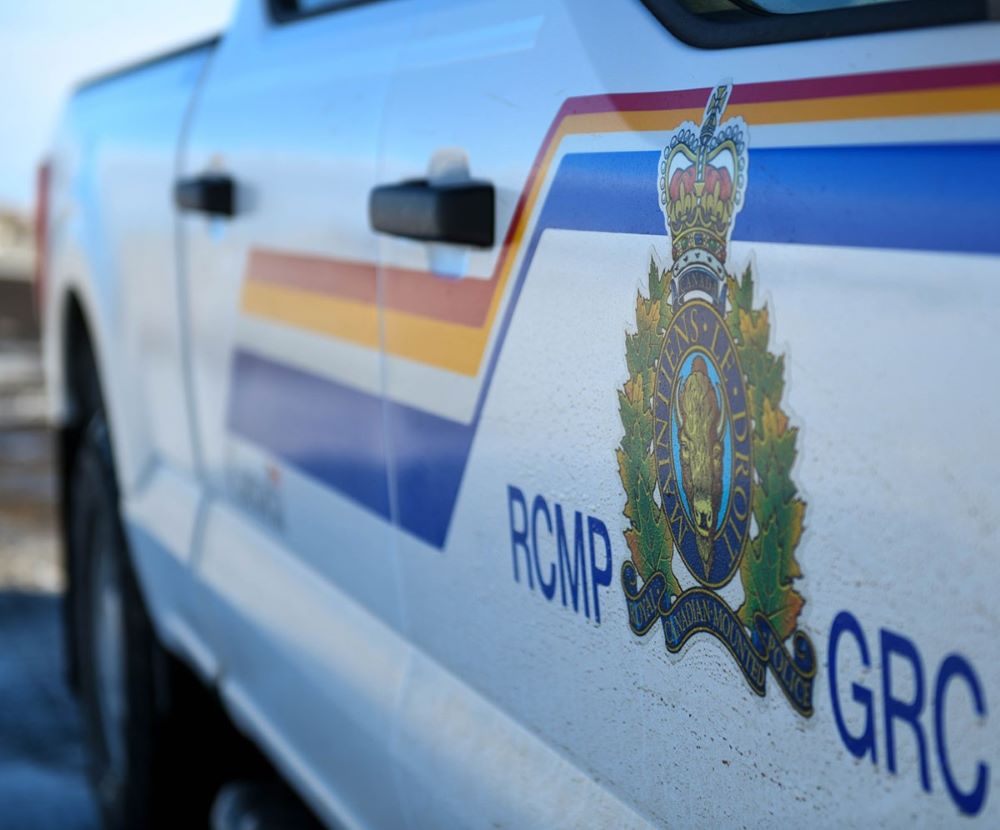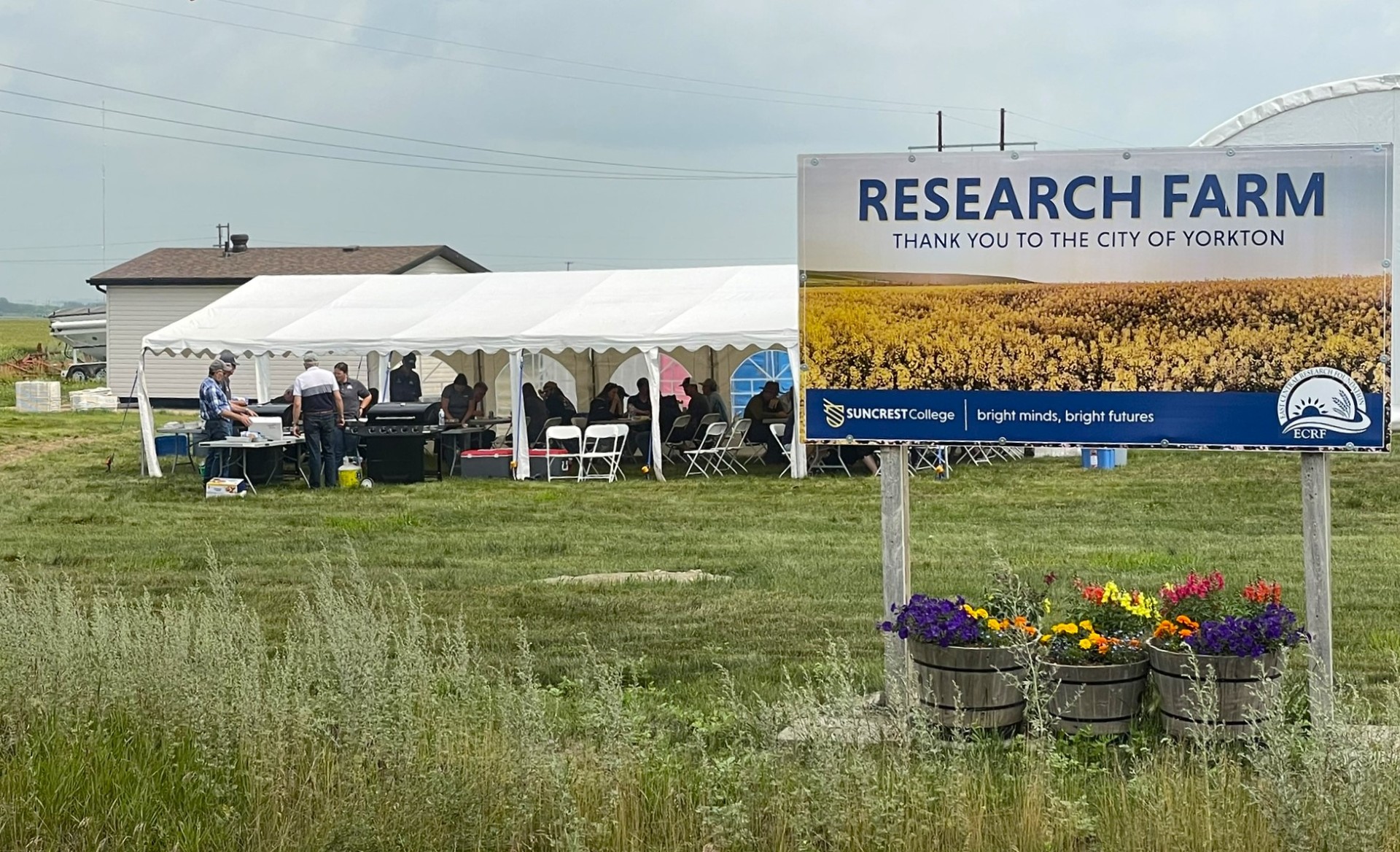Saturday afternoon in Regina was cloudy, windy and there was even some snow and rain to go along with it. But it was not enough to stop a group of activists to share their message with the public.
Community members met at the cenotaph at Victoria Park shortly after noon on Saturday to take part in a march for Chile and Bolivia in Regina’s downtown area.
People from the Queen City and other communities braved the cold weather with their signs, flags and noise makers to share their concerns regarding the events taking place in the South American countries. One person drove all the way from Calgary to be a part of the march.
Susana Valdes was a Chilean resident before she moved to Canada 42 years ago when she was 12 years old. Valdes said people in Chile are protesting because they have been treated unfairly by the government.
She hopes their efforts in Regina will help raise awareness to what’s happening in Chile and will prompt the Canadian government to take action and oppose this activity.
“Chilean people have to realize they are not alone. And people are not going to back down,” said Valdes.
The events began in Chile a few weeks ago after subway fares went up, creating protests and political movements across the country. Photos and videos on the internet show arson, vandalism and looting in different cities, while repressive forces are shown injuring, blinding, capturing and even killing citizens.
President Sebastian Piñera announced recently there will be increased security and tougher punishments if people are caught vandalizing in the country.
David Gray-Donald of Regina was on hand at the downtown protest to discuss the case in Bolivia which holds some similarities to the violence in Chile.
“In Bolivia, there is a right-wing coup which has been legitimized by Canadian and American governments,” he explained. “I don’t want them to side with the right-wing, anti-indigenous, racist and fascist coup that is happening in Bolivia.”
Interim Bolivian President Jeanine Anez took over as the leader of the country after former president Evo Morales resigned and found exile in Mexico following protests over controversial election results.
Since the move, many politicians and experts have remained hesitant or divided on the alleged coup occurring in the country.
Gray-Donald encourages people to start recognizing what’s happening in Bolivia and hopes the Canadian government can stay out of the situation by not legitimizing one leader and discrediting the other.








